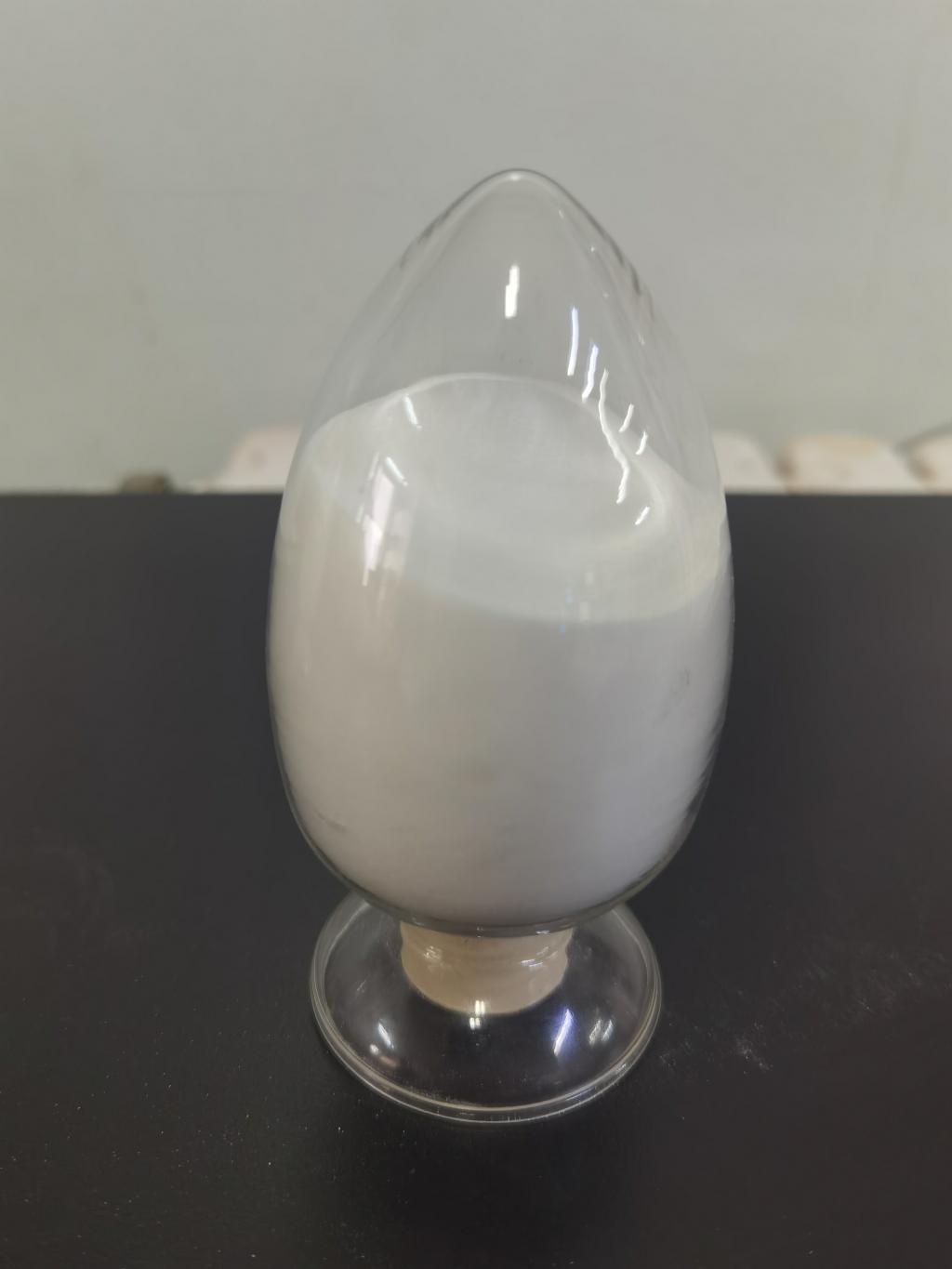Tel:+8618231198596

News
 CONTACT
CONTACT
 CONTACT
CONTACT
- Linkman:Linda Yao
- Tel: +8618231198596
- Email:linda.yao@dcpharma.cn
- Linkman:CHARLES.WANG
- Department:Overseas
- Tel: 0086 0311-85537378 0086 0311-85539701
News
Current Position:
Home >
News
>ε-Polylysine Hydrochloride's Role in Enhancing Quality Safety in Baked Goods.
ε-Polylysine Hydrochloride's Role in Enhancing Quality Safety in Baked Goods.
TIME:2023-10-23
Introduction:
Baked goods, a beloved component of diets around the world, are highly susceptible to microbial spoilage, staling, and quality degradation. The preservation of their freshness and safety is paramount for both consumers and the food industry. ε-Polylysine hydrochloride, a naturally occurring antimicrobial peptide, offers an innovative solution to address these challenges while extending the shelf life of baked goods.
Challenges in Baked Goods Preservation:
Preserving the quality and safety of baked goods presents several challenges:
a. Microbial Spoilage:
Baked goods are prone to microbial contamination, resulting in spoilage, off-flavors, and textural changes.
b. Staling:
The staling of baked goods is a significant issue, affecting their texture and overall sensory appeal.
c. Short Shelf Life:
Baked goods typically have a limited shelf life, necessitating efficient preservation methods to reduce food waste and economic losses.
ε-Polylysine Hydrochloride: An Overview:
ε-Polylysine hydrochloride is a naturally derived antimicrobial peptide produced through bacterial fermentation. Its unique properties make it an ideal candidate for applications in baked goods preservation.
Mechanisms of Action:
Understanding how ε-Polylysine hydrochloride functions is essential for appreciating its role in baked goods preservation:
a. Membrane Disruption:
ε-Polylysine hydrochloride interacts with microbial cell membranes, creating disruptions that lead to cell leakage, ultimately causing cell death.
b. Selective Antimicrobial Activity:
One of its remarkable characteristics is the selective targeting of bacteria, molds, and yeasts, sparing beneficial microorganisms commonly found in baked goods production.
c. Synergy with Other Preservatives:
ε-Polylysine hydrochloride often works synergistically with other preservatives, enhancing overall antimicrobial effectiveness.
Applications in Baked Goods Production:
ε-Polylysine hydrochloride offers a wide range of applications in baked goods production, addressing the challenges faced by the industry:
a. Preservation of Freshness:
By inhibiting microbial growth, ε-Polylysine hydrochloride helps maintain the freshness, sensory attributes, and texture of baked goods, reducing the likelihood of off-flavors and textural changes.
b. Shelf Life Extension:
It significantly extends the shelf life of various baked goods, reducing the risk of early disposal and food waste.
c. Food Safety Enhancement:
The antimicrobial properties of ε-Polylysine hydrochloride enhance food safety by preventing the growth of pathogenic microorganisms and reducing the risk of foodborne illnesses.
d. Clean-Label Solutions:
ε-Polylysine hydrochloride aligns with consumer preferences for clean-label products, as it reduces the need for synthetic preservatives and chemical additives.
Implications for Enhancing Quality and Safety in Baked Goods:
The incorporation of ε-Polylysine hydrochloride in baked goods production has far-reaching implications:
a. Extended Shelf Life:
Baked goods can remain fresh for more extended periods, reducing waste, increasing economic efficiency, and providing consumers with high-quality products.
b. Improved Food Safety:
By preventing the growth of foodborne pathogens, ε-Polylysine hydrochloride enhances the safety of baked goods, reducing the risk of foodborne illnesses and recalls.
c. Enhanced Consumer Experience:
Consumers can enjoy baked goods with improved freshness, texture, and sensory attributes, reinforcing their trust in these products.
d. Sustainable Practices:
The reduction in synthetic preservatives and additives aligns with sustainable food production practices, catering to the growing demand for eco-friendly and clean-label baked goods.
Future Directions:
The use of ε-Polylysine hydrochloride in baked goods production holds significant promise for the future:
a. Enhanced Formulations:
Ongoing research explores improved formulations and delivery methods to enhance the stability and effectiveness of ε-Polylysine hydrochloride in baked goods.
b. Global Regulatory Consistency:
Harmonization of regulatory standards across countries is essential to facilitate the global acceptance and application of ε-Polylysine hydrochloride in the baked goods industry.
c. Consumer Education:
Raising awareness and fostering consumer acceptance of ε-Polylysine hydrochloride as a safe and effective baked goods preservative will play a crucial role in its broader adoption.
Conclusion:
The integration of ε-Polylysine hydrochloride into baked goods production marks a significant innovation in the industry. It extends the shelf life of baked goods, enhances food safety, and reduces the environmental and economic impact of food waste. As the baked goods industry strives to meet consumer demands for quality, safety, and sustainability, ε-Polylysine hydrochloride emerges as a crucial ally in shaping a more resilient and responsible future for baked goods production and consumption.
- Tel:+8618231198596
- Whatsapp:18231198596
- Chat With Skype







